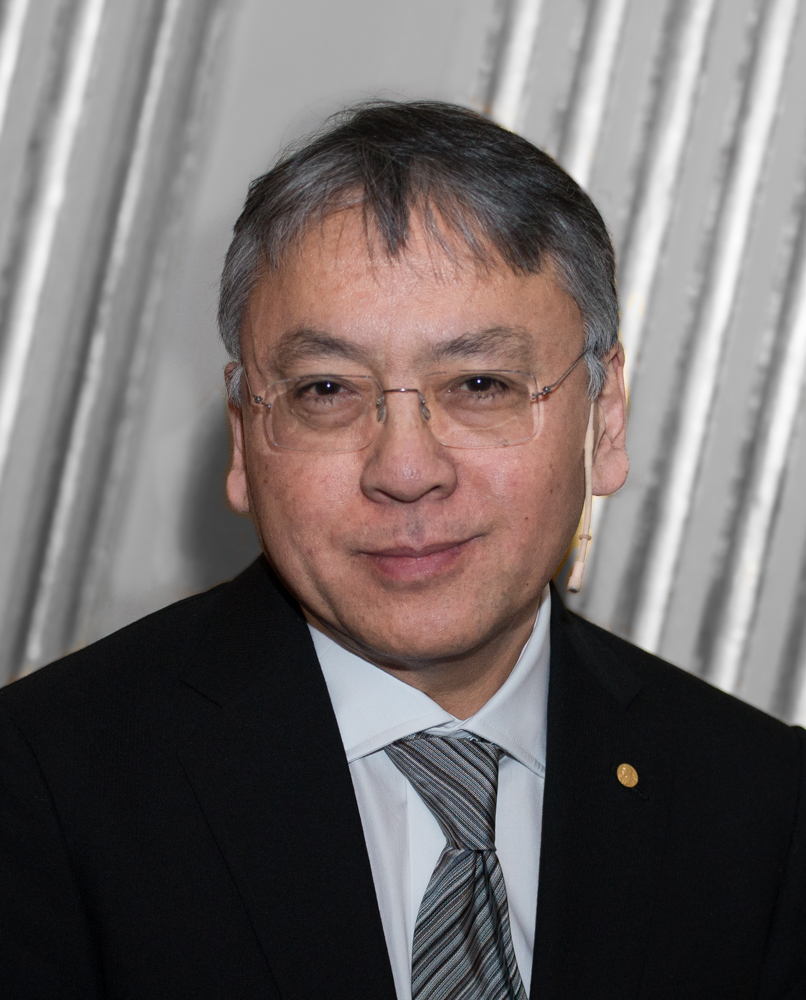Ishiguro, Kazuo, 1954-
Enlarge text Shrink text- LCN
- בספרו נוף גבעות חיוור: קאזואו אישיגורו
Sir Kazuo Ishiguro (Japanese: 石黒 一雄, Hepburn: Ishiguro Kazuo, ; born 8 November 1954) is a Japanese-born British novelist, screenwriter, musician, and short-story writer. He is one of the most critically acclaimed contemporary fiction authors writing in English, having been awarded the 2017 Nobel Prize in Literature. In its citation, the Swedish Academy described Ishiguro as a writer "who, in novels of great emotional force, has uncovered the abyss beneath our illusory sense of connection with the world". Ishiguro was born in Nagasaki, Japan, and moved to Britain in 1960 with his parents when he was five. His first two novels, A Pale View of Hills and An Artist of the Floating World, were noted for their explorations of Japanese identity and their mournful tone. He thereafter explored other genres, including science fiction and historical fiction. He has been nominated for the Booker Prize four times, winning in 1989 for The Remains of the Day, which was adapted into a film of the same name in 1993. Salman Rushdie praised the novel as Ishiguro's masterpiece, in which he "turned away from the Japanese settings of his first two novels and revealed that his sensibility was not rooted in any one place, but capable of travel and metamorphosis". Time named Ishiguro's science fiction novel Never Let Me Go as the best novel of 2005 and one of the 100 best English-language novels published between 1923 and 2005. He was nominated for the Academy Award for Best Adapted Screenplay for the 2022 film Living.
Read more on Wikipedia >
 Personality
Personality



